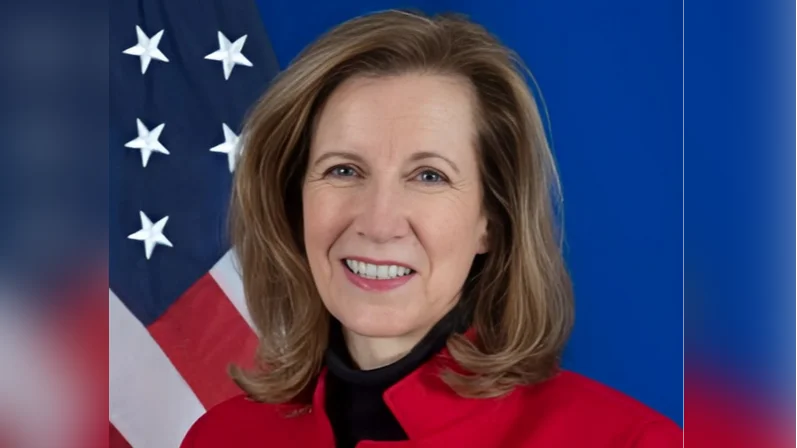The United States, serving as an observer state to the Council of Europe, emphasized its commitment to defending human rights, fostering democracy, and promoting the rule of law at a United Nations' meeting regarding cooperation with the Council of Europe. The U.S. praised Lithuania and Luxembourg for their work on the resolution, notwithstanding disagreements on certain text passages.
The primary purpose of the United Nations—maintaining international peace and security—was highlighted, with the United States expressing concerns over repeated mentions in the resolution of the Russia-Ukraine conflict. Such mentions, according to the United States, are counterproductive to securing peace. The U.S. underscored its commitment to achieving a durable resolution to the conflict, urging both the Council of Europe and all UN member states to back measures promoting lasting peace.
The United States expressed its denouncement of the Global Compact on Migration and the Global Compact on Refugees. It argued that these initiatives contradict U.S. policies and further exacerbate the destabilizing effects of mass migration. The U.S. committed to leading efforts to establish new migration norms rooted in sovereignty and the rule of law.
Vice-President Vance's earlier remarks in Munich were echoed, suggesting Europe faces significant challenges related to migration. Governments, the United States argued, should protect citizens and potential migrants from the costs of a failed migration approach.
Concerns were also raised regarding the reaffirmation of the 2030 Agenda and the Sustainable Development Goals. The U.S. labeled these as advancing global governance unsuitable to U.S. sovereignty and urged other countries to consider the potential threats to their own sovereignty.
The resolution's frequent references to democracy and democratic principles were critiqued, noting that some supporting Member States have suppressed dissenting political views. The proper place for such differences, the U.S. contended, is within the electoral process. Concerns were further expressed over legal actions in the United States that the U.S. government perceives as targeting political opposition, emphasizing the importance of open public discourse.

